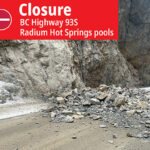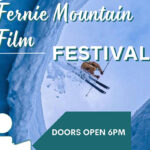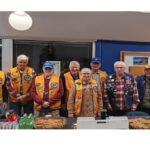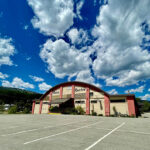Home »

Crumley at his finest: extraordinary
Book Review
By Derryll White
Crumley, James (1975). The Wrong Case.
“Never go to bed with a woman who has more trouble than you do.”
— Lew Archer.
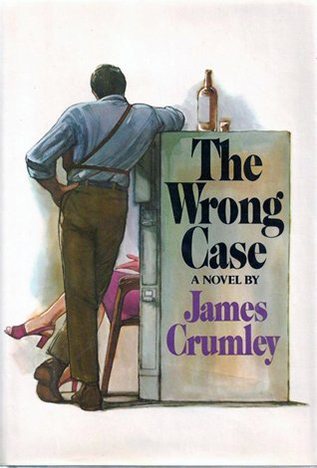 I always count it as an extremely fortunate day when I discover another James Crumley novel. I consider him one of the best writers in the mystery genre, equal to Dashiell Hammett, Raymond Chandler, James Lee Burke and James Sallis. ‘The Wrong Case’ is Crumley’s fourth published work.
I always count it as an extremely fortunate day when I discover another James Crumley novel. I consider him one of the best writers in the mystery genre, equal to Dashiell Hammett, Raymond Chandler, James Lee Burke and James Sallis. ‘The Wrong Case’ is Crumley’s fourth published work.
Crumley writes in a way that often stuns the reader, stops the story cold with the wealth and beauty of his words and the piercing depth of his feelings. He finds inspiration in the lowest and darkest things, infusing them with meanings that claw into the most remote regions of a reader’s heart and brain. But above all that, James Crumley is a painter the likes of Joseph Mallord William Turner, using words to do magnificent things with light and dark, to infuse them with an other-worldly dimension. He is simply an extraordinary writer.
If you read Crumley you already have a bent disposition toward life, so nothing here will shock you. But Milo, the P.I. put out of work by Montana’s changed divorce laws, has collected a cast of unique characters around him that will make you think. Drunks feature large in Milo’s world. He knows them, understands them, befriends them, and sometimes is one of them. He is also sensitive enough to sometimes accept sex when it is offered – and recognize the cost. I love that about him, that he knows nothing is free. Milton Chesley Milodragovitch, the third – Milo comes from money, will inherit money in 15 years, and pays with flesh and spirit every day for the exalted privilege of being alive.
James Crumley is a poet with a soul as dark as a starless night. He sees beauty, delights in it and moves past it to the crumbling clay feet. His own beauty is that he reconstitutes the faults, leaving the reader with a hopeful feeling of what man can be. ‘The Wrong Case’ is Crumley at his finest, a dark and delightful read.
****
Excerpts from the novel:
PLACE – ….I can see all the way up the Hell-Roaring drainage to the three thousand acres of timber, just below the low peaks of The Diablo Range, that my grandfather also left me. And from the west windows, if I ignore the junky western verge of Meriwether, the valley spreads out like a rich green carpet running between steep rocky ridges. On the north side of the valley, Sheba Peak rises grandly, holding snow until the heart of summer, as white and conical as the breast of a young woman, a woman conceived in the tired dreams of a dirty miner, a dream only gold or silver might buy.
MONTANA – “Sure. This is the American West. Where men came to get away from laws. Almost everything in this state is legal. And a lot of things that are illegal are done in spite of the law.
PHOTOGRAPHER — … and Leo made a success of the old bar. Then after he was sure he was going to stay dry and successful, he took up the camera again, seriously this time. His eye found the lost history in ruined cabins and old mines, the poetry in spare winter landscapes, and the dignity and pride in the battered faces of his patrons. He caught them in brave laughter and elegant sad loss and then hung the portraits on the walls of his bar, as if to remind us of hope, remind us that we weren’t social drinkers, and the gold stars in the corners of the dead were like medals.
DRUNKS – But in the haggling, I learned that they were men also, that they had had lives full of chances too, not all of which had gone begging. And they still had dreams, dreams and lies enough to live with them. Unlike my mother, they were honest drunks, not too often ashamed. In their odd moments, drunk or sober, they knew who and what they were; they had looked at the world for a long steady moment, and found it wanting. As they took on individual faces and histories, I began to see them, both in the bars and at work – many did work, shoveled Meriwether’s shit like white niggers – and the more I saw them, the more I preferred them to sober citizens. And I understood the defiance in the pathetic motto: I ain’t no alcoholic, Jack, I don’t go to no fucking meetings. And they needed no army for their salvation.
THE CHANGE – The counterculture revolution had done something for America: it let a lot of young people handle idiot jobs by getting stoned.
 – Derryll White once wrote books but now chooses to read and write about them. When not reading he writes history for the web at www.basininstitute.org.
– Derryll White once wrote books but now chooses to read and write about them. When not reading he writes history for the web at www.basininstitute.org.
